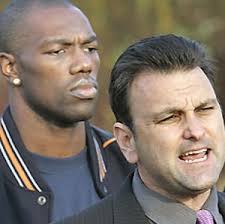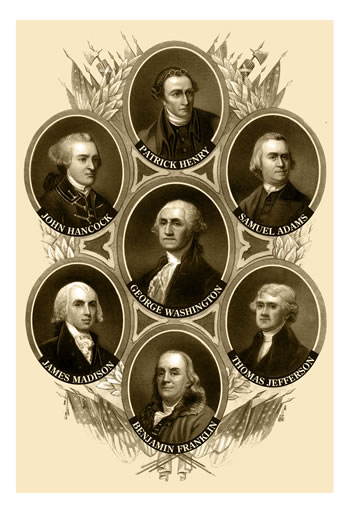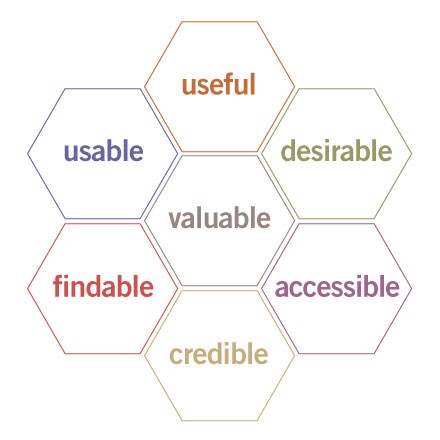I am sure at least 50% of the folks who read this will think I am nuts, (and probably do think that anyway), but I have to break from the regularly scheduled fare to go a little bit off topic here.
This post is called 'Which questions are too personal?' and was inspired by two separate but related interactions I had yesterday, both of which, (possibly because I am crazy), bugged me in a similar way. First the run down of what happened, then why it did get to me a little, and then tossing it open to you for comments/feedback.
Scenario 1 - An introductory business call set up by a mutual contact with a person whom I do not know, but is in the same industry. The purpose of the 30-minute call was to learn about a new product/service offering from this person's organization and to get some context around some additional correspondence related to said product/service.
Scenario 2 - A lunch time trip to a fairly busy local establishment to get some take out. A location I have been to many times before, but this time was being helped by a person I have never seen in the past.
Both of these scenarios are completely normal, run of the mill, and typical kinds of interactions that most all of us have all of the time, if not many times a day.
Why did they both stand out from normal life and end up bugging me at the end?
In scenario 1, the person on the call asked me where I lived, how long I have been living where I live, if I had a family there, and if so how many kids did I have? Again, this was a business call with someone whom I do not know and have never met before.
In scenario 2, the person behind the counter asked me where I grew up, was I watching the Euro soccer tournament, and which team was I supporting. Again, this was in a small, local take out place and a person I have never seen before.
Now I know that many of you, perhaps most of you would think, 'What's the big deal? Those are just casual, small talk kinds of questions that people ask when they meet someone new. It's just being polite.'
And at some level, I guess I would agree with those of you who feel that way. I am sure that both of the folks were just being polite, and were not trying to pry into the life of a total stranger (me).
But some people, (me), are really private and almost guarded (for myriad reasons, none of which matter), about their personal lives and take questions like 'So, how many kids do you have?' as a question and topic they would rather not discuss with someone they just met, particularly in a business context like the two described above. For some people, (again me), getting asked those kinds of personal questions by complete strangers is really uncomfortable.
I know you may think that question, and others that are similar, are totally benign and mundane even, given the norms of civilized society.
But perhaps making the mistake of falling into the trap of 'If I feel this way, there must be plenty of others who do as well', I think that it's smart when in a business context to avoid wading in to personal questions when making small talk.
If you have to make small talk, ask about something relevant or at least tangential to the purpose of the interaction - maybe the industry overall, or a particular piece of professional work the person did that you are familiar with. Again, this might just be my hang up, but 'I read what you wrote about XYZ, tell me why you think that' is a much more comfortable and proper conversation to have than 'So, what grade in school is your kid in?' when we have never met or spoken before.
Ok, that's it. Rant over.
Am I off base?
Should I feel compelled to tell people about my personal life the first time we ever speak?

 Steve
Steve


